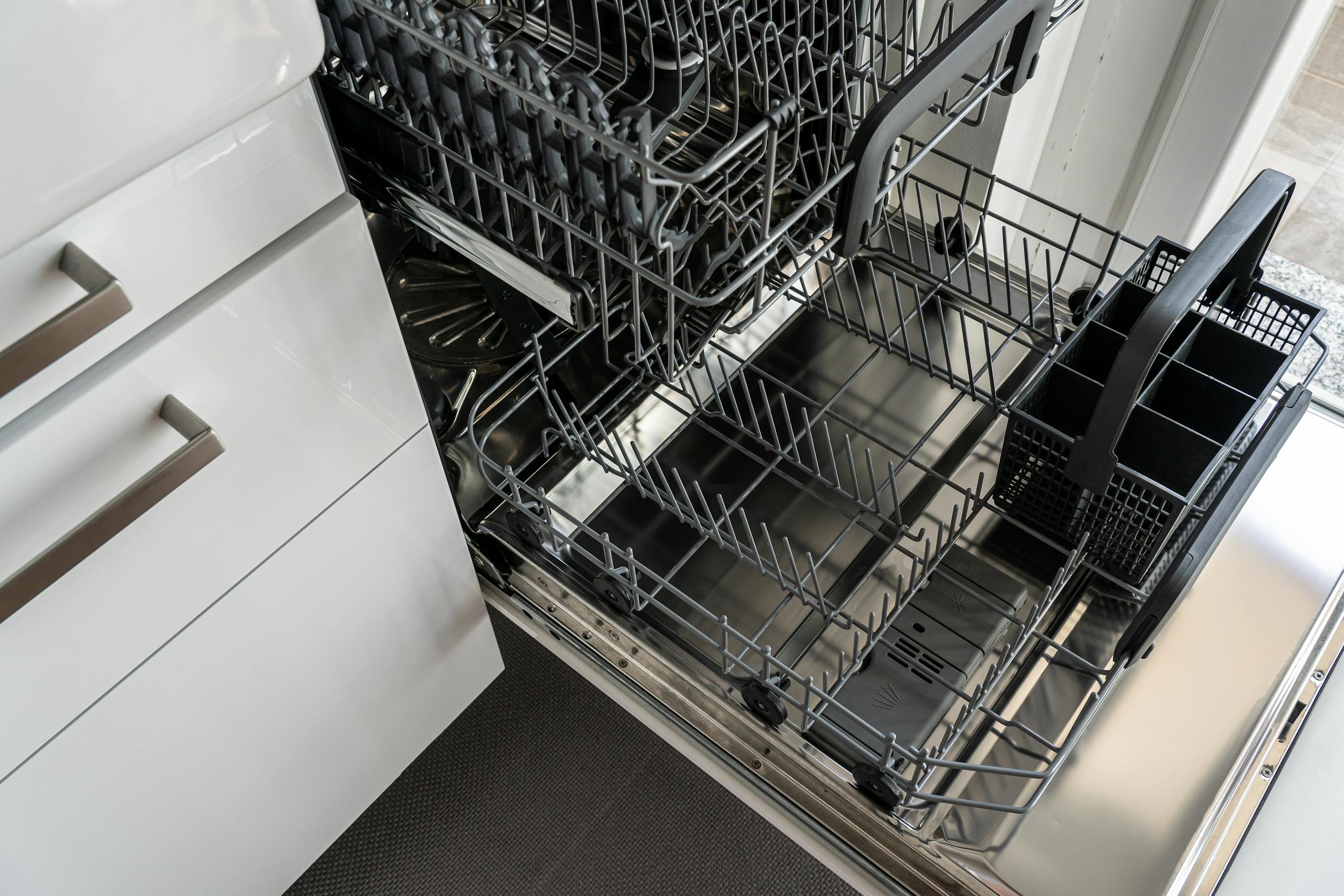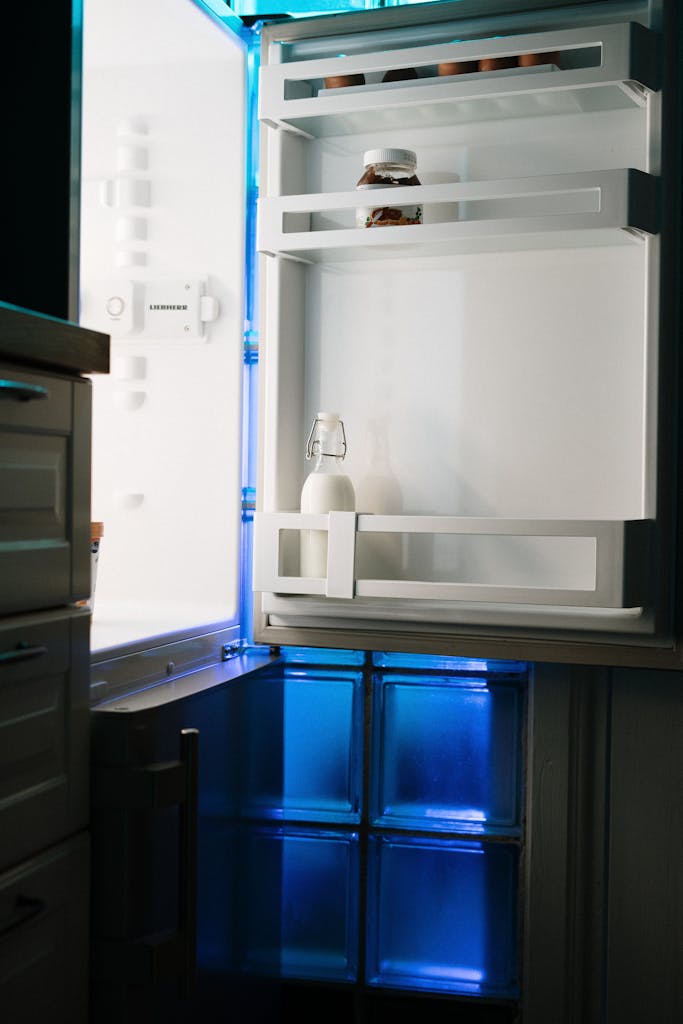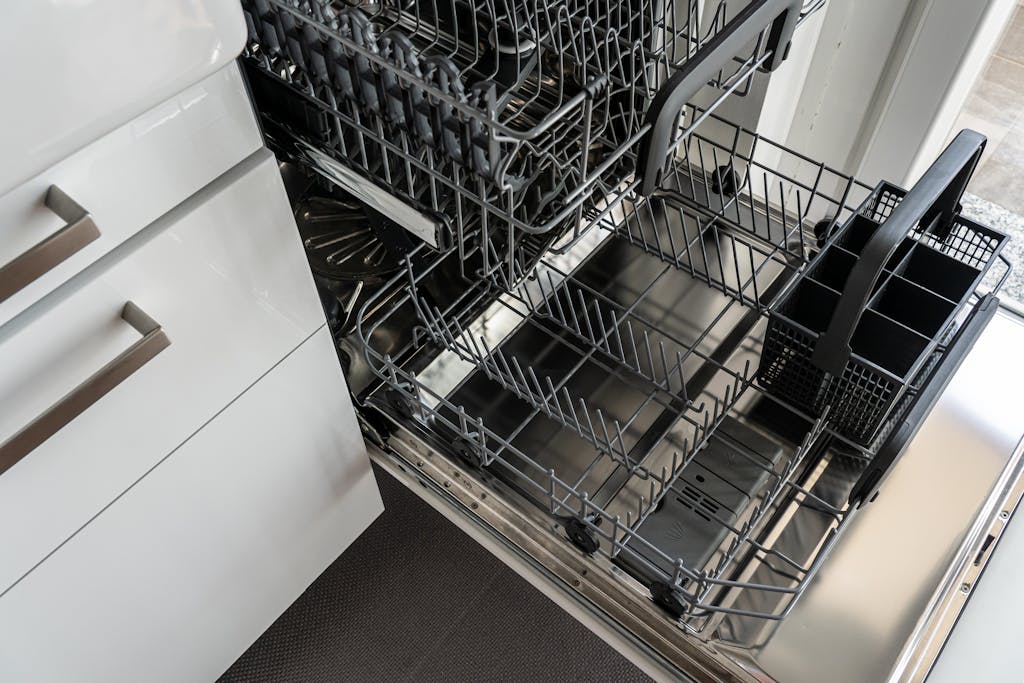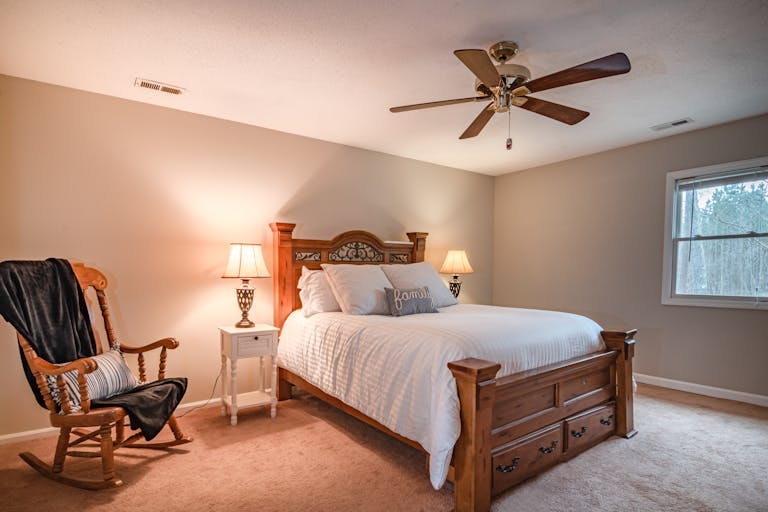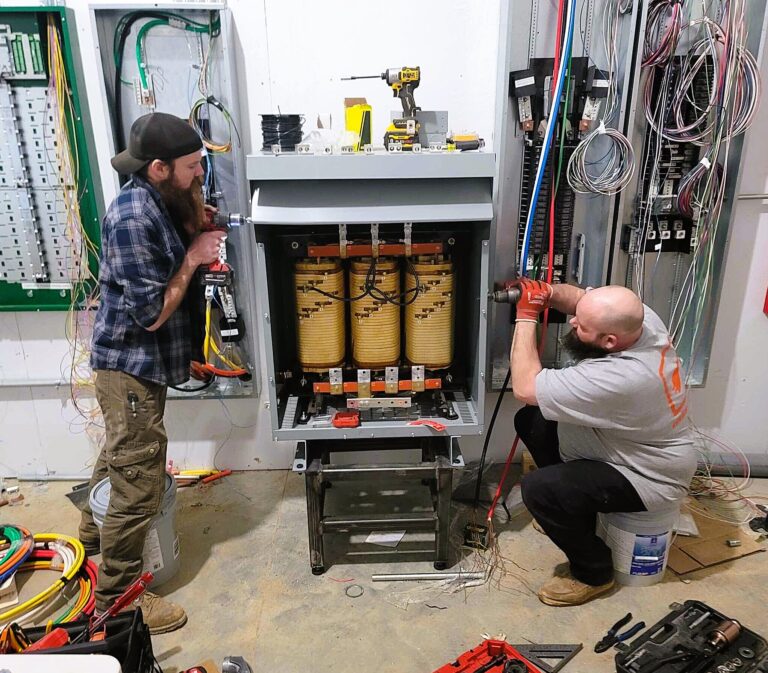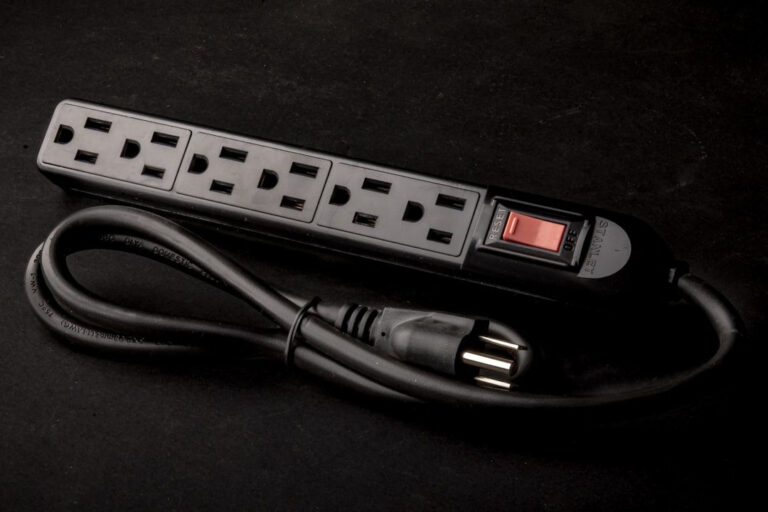What Appliances Require a Dedicated Circuit?
In our modern homes, we interact with the electrical system constantly without a second thought. We plug in a phone charger, a lamp, or a television, and we expect it to work. These small, everyday devices are powered by general-purpose circuits, which are designed to safely provide electricity to multiple outlets and light fixtures at once. However, not all appliances are created equal. Some of the most important and powerful machines in your home have electrical needs that are far too great for a shared circuit.
These high-power appliances require a special, exclusive connection to your home’s electrical panel known as a dedicated circuit. Understanding which of your appliances need this special treatment is a critical part of maintaining a safe and functional home. A dedicated circuit is not a luxury upgrade; in most cases, it is a mandatory requirement of the National Electrical Code, designed to prevent dangerous overloads, protect your valuable appliances from damage, and safeguard your home from the risk of an electrical fire.
What Exactly Is a Dedicated Circuit?
A dedicated circuit is essentially a private, express lane of power that is reserved for a single, specific appliance. It consists of a circuit breaker in your main electrical panel, a dedicated electrical wire that runs directly from that breaker to a single outlet or appliance, and nothing else. No other outlets, lights, or devices are connected to that circuit.
This is a stark contrast to a general-purpose circuit, where a single breaker might be responsible for powering all the outlets in a bedroom and a hallway, or a cluster of lights and receptacles in a living room. A dedicated circuit ensures that a power-hungry appliance has the full, undivided capacity of that circuit all to itself, whenever it needs it.
The primary purpose of a dedicated circuit is to prevent an overload. When a large appliance that draws a significant amount of electrical current, measured in amps, has to share a circuit with other devices, it can easily exceed the breaker’s safe limit and cause it to trip. A dedicated circuit guarantees that the appliance will always have the power it needs to operate safely and efficiently, without the risk of an overload and without interfering with the operation of any other part of your home.
Kitchen Appliances
The modern kitchen is the most power-intensive room in any house, and it is filled with appliances that are prime candidates for dedicated circuits. The National Electrical Code has very specific and strict requirements for kitchen wiring to ensure safety and functionality.
The refrigerator is one of the most important appliances to have on its own circuit. While it may not seem like a high-power device, its compressor requires a large surge of energy to start up. More importantly, your refrigerator runs 24 hours a day, 7 days a week, and its job is to protect hundreds of dollars’ worth of perishable food. If your refrigerator has to share a circuit with other kitchen outlets, a simple act like running a toaster and a coffee maker at the same time could trip the breaker. If you are not home to notice and reset it, you could return to a refrigerator full of spoiled food.
Large cooking appliances are another clear-cut case. An electric range, a wall oven, or a separate cooktop are some of the biggest electrical loads in a home, and they absolutely require their own high-amperage, 240-volt dedicated circuit. The same is true for many modern built-in microwaves. While a small countertop microwave might be fine on a general circuit, the powerful over-the-range or built-in models can draw a significant amount of power and should have their own circuit to prevent overloads. Other major kitchen appliances like the dishwasher and the garbage disposal also have powerful motors and often require dedicated circuits to operate safely and reliably.
Click to learn more about electric oven wiring and electric range wiring.
Utility and Laundry Room Powerhouses
The laundry room and other utility spaces are another area of the home that contains powerful, motor-driven appliances that place a heavy demand on your electrical system.
An electric clothes dryer is, without question, an appliance that requires a dedicated circuit. Like an electric range, it is a high-power, 240-volt appliance that typically needs a 30-amp circuit all to itself. Attempting to power a dryer in any other way is extremely dangerous and a major fire hazard.
The washing machine also requires special attention. Its powerful motor needs a significant amount of energy, and because it is an appliance that uses water, it requires specific safety considerations. The National Electrical Code mandates that the laundry area be supplied by at least one 20-amp dedicated circuit to power the washing machine and any other receptacles in that space. This circuit must also have GFCI protection to prevent the risk of electric shock. If you have a second freezer or refrigerator in your garage or basement, it should also be on its own dedicated circuit for the same reason as your kitchen refrigerator: to prevent a tripped breaker from leading to a costly loss of food.
Comfort and Specialty Appliances
Beyond the kitchen and laundry room, there are several other critical appliances throughout your home that, due to their power requirements or their essential function, should always have a dedicated circuit.
Your home’s heating and air conditioning system is one of the largest electrical loads in your entire house. The central air conditioner and the furnace’s air handler are always installed on their own dedicated 240-volt circuits. This is a fundamental part of any safe and professional HVAC installation. The same is true for any large, built-in electric heaters or a central heat pump system.
Interested in a new hot tub? Click to learn more about the electrical side.

Specialty and luxury items also have significant power needs. A hot tub or a sauna, with their powerful pumps and high-wattage heaters, requires a high-amperage, 240-volt dedicated circuit that is also protected by a GFCI breaker for safety. This is a complex installation that always requires a licensed electrician.
Click here to learn more about the importance of GFCI outlets.
Finally, there are the appliances that are critical for your home’s safety and function. For any homeowner in Ohio who relies on a sump pump to keep their basement dry, that pump should absolutely be on a dedicated circuit. You never want a situation where a simple overload caused by another device on a shared circuit cuts the power to your sump pump during a heavy rainstorm, leading to a flooded basement. Similarly, for homes in rural areas around East Canton that have a private well, the well pump is a life-sustaining appliance that must have its own reliable, dedicated circuit.
Recognizing the Signs You Need a New Dedicated Circuit
Your home will often give you clear signals that your existing circuits are overloaded and that you need to consider having a new one installed. The most common and obvious of these signs is a circuit breaker that trips frequently. If you are constantly having to go to your panel to reset a breaker, it is not a minor annoyance; it is a clear warning that you are demanding more from that circuit than it can safely provide.
Another common symptom is the dimming or flickering of your lights when a large appliance turns on. If your lights momentarily dim every time your air conditioner kicks on or you start the microwave, it is a sign of a significant voltage drop. This indicates that your electrical system is under a great deal of strain and may not have the capacity to handle all of its loads simultaneously.
Take a look around your home. Are you relying on a web of extension cords or multi-plug power strips to power your home office, your entertainment center, or your kitchen appliances? This is a clear indicator that you do not have an adequate number of outlets, which often points to the need for new circuits. Finally, the most important time to consider new dedicated circuits is before you undertake a major renovation or purchase a new, large appliance. Proactive planning is the key to a safe and successful upgrade.
The use of dedicated circuits is a cornerstone of modern, safe electrical design. It is a system that protects your home from the risk of fire, protects your expensive appliances from damage, and provides you with the reliable, trip-free power that your modern lifestyle demands. This is not a job for a DIY enthusiast or a general handyman. The installation of a new circuit is a complex and potentially dangerous task that requires the expertise of a licensed professional.
A licensed electrician can perform a load calculation on your home’s electrical panel, safely install a new breaker, run the correct gauge of wire through your walls, and install a new, code-compliant outlet right where you need it. If you are experiencing any of the signs of an overloaded system, or if you are planning to add a new major appliance to your home, we encourage you to prioritize safety. Contact the expert, licensed electricians at Gragg Electrical Services for a professional consultation for your East Canton home.

